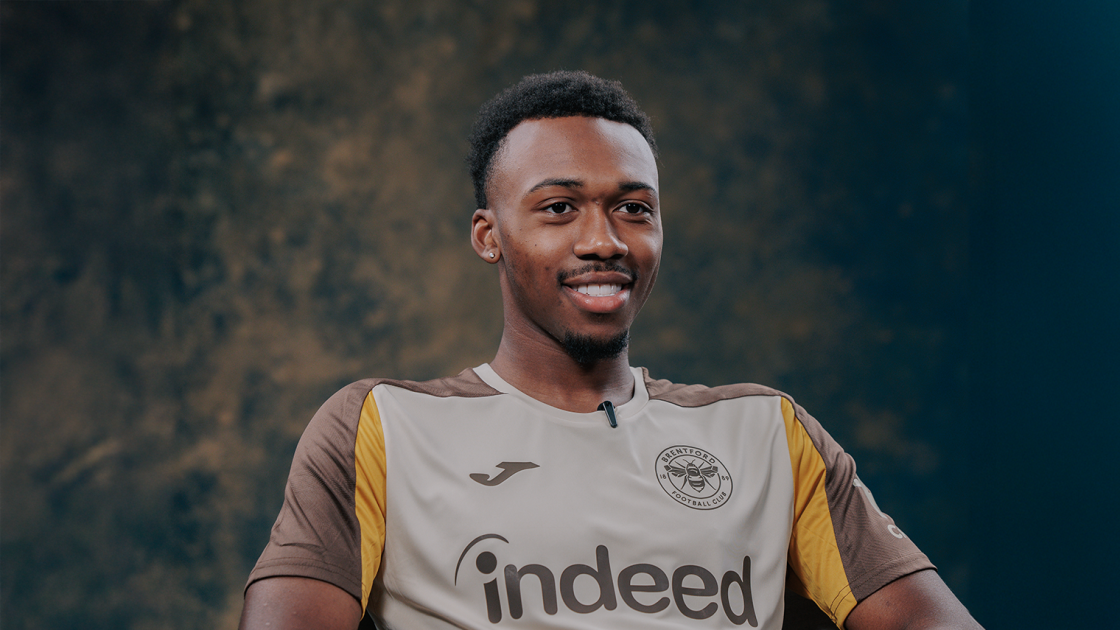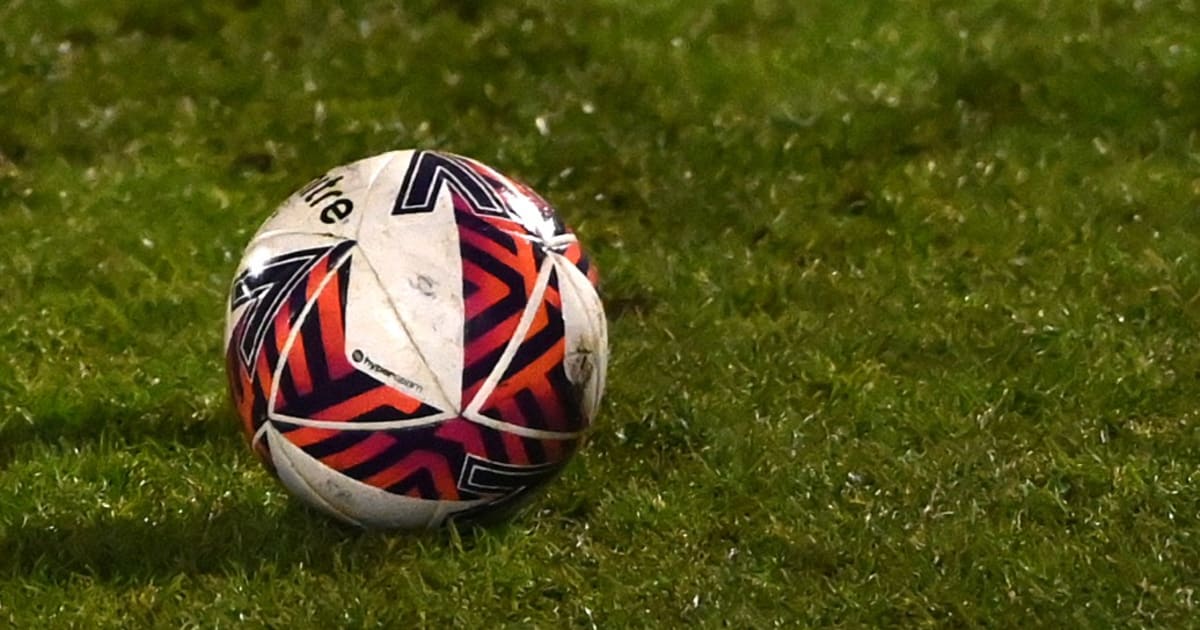What it takes to lead Manchester United’s academy: ‘DNA’, talent-spotting and toast tutorials

Leading Manchester United’s academy is no ordinary backroom role.The club’s heritage of developing young talent is unparalleled in English football, so whoever is tasked with running it has expectations which far outweigh those at other clubs.“It’s not a football club, it’s an institution,” says Nicky Butt, who was United’s head of academy between 2016 to 2019, having also graduated through the system as a player by winning the FA Youth Cup in 1992. “You have to have some knowledge of the history, and what it means to represent the football club.”AdvertisementUnited now need a new man to take on that unique responsibility. Nick Cox, who took over from Butt six years ago, is leaving United to become technical director at Everton once his replacement is found. It is another major task for United’s director of football Jason Wilcox.Heading United’s academy is a job that rarely changes hands. Brian McClair was in position for a decade before Butt, and prior to that Les Kershaw, a close colleague of Sir Alex Ferguson, held the reins for several years, helping to design United’s Carrington training base.Eric Harrison etched his name into United folklore by bringing through the Class of ’92 during 27 years of service, while Jimmy Murphy, who drove the club’s youth policy between 1946 and 1964 under Sir Matt Busby, is remembered with a statue outside Old Trafford and a building named in his honour at Carrington.Eric Harrison (middle) with Manchester United’s ‘Class of ’92’ (Jon Peters/Manchester United via Getty Images)They are all part of United’s youth tapestry, with threads stretching all the way back to 1937, when an unbroken run started of homegrown players being selected in senior matchday squads. The sequence currently stretches to 4,321 successive games, believed to be the longest in world football, and while keeping that intact should not be a decisive factor in selections for Ruben Amorim or any United manager, whoever replaces Cox will be expected to be sensitive to that tradition.“I do believe external people bring different skills to the job,” Butt adds. “I always use Kieran McKenna as an example. He came through at Tottenham and brought different ideas to Man United (when he joined as under-18s manager in 2016). But fundamentally I think you’ve got to know what the club’s DNA is, the beliefs, the ethos, the style.“You don’t have to have been there since 12, like me. But it has to be someone who’s respectful enough of the football club to say, ‘This is bigger than me, I’m going to learn, but I’m gonna put my stamp on it as well’.”There is a philosophy that underpins United’s academy but on a practical level, too, the job has become vast.Cox’s responsibilities have come to resemble those of a sporting director, just for younger age groups. Staff numbers have come down, now measuring between 60-70, with around 100 more casual and host families. There are 210 players in the building and around 500 at development centres and community initiatives. The operating costs at a category one academy, such as United’s, can reach £10million per year, with compensation for players signed from other clubs, and salaries, on top.AdvertisementThe brief is to oversee recruitment, retention, coaching, medical, logistics, education, pastoral and more. Essentially it is a strategic leadership role requiring a broad knowledge across each of the disciplines and an ability to knit those together.Recruitment is a key aspect and demands an element of talent identification, then retaining the right players, issuing the appropriate lengths of contract, and planning a pathway. Those in charge of the academy spend hours every week examining each age group’s players and what they might look like in two or three years’ time, allied to the characteristics or gaps in the first team and how the academy could help.Manchester City, where Wilcox worked as academy director between 2017 to 2023, chose an alternative approach, knowing they were very unlikely to get players into Pep Guardiola’s side. They built a model that prioritised player development and trading. The art, from a United perspective, is to do both.United’s academy has a stellar reputation (Harriet Massey/Newcastle United/Getty Images)So the United academy job requires a degree of business acumen, being able to reassure executives — and occasionally owners — that the money being invested is worthwhile and carries a return. That might be a pipeline of players to support the first team, or be sold for significant sums. Anthony Elanga, for example, played 55 senior games for United, was signed by Nottingham Forest for £15m and could still earn the club more a substantial sell-on clause. Via the same mechanism United will earn more from Alvaro Carreras too, should Real Madrid complete a €50m purchase from Benfica.United’s academy director has autonomy to bring in a grassroots player at, say, the age of 12, but when it comes to signing players for significant fees there are conversations at senior level to make sure there is a route ahead. Ultimately, however, the academy director is accountable.AdvertisementAt this age, a knowledge and understanding of the rules and regulations is essential. Every transfer between category one academies is investigated by the Premier League and United are regularly audited to make sure the club meets the criteria for category one status.There has been a change in the last 18 months since Sir Jim Ratcliffe’s investment. Beforehand the academy would primarily be recruiting into their group and the first team into another, but now United collectively target the recruitment of players in the 17- to 20-year-olds bracket.A confidence to communicate effectively in boardroom or bootroom is helpful, too. Cox joined from Sheffield United after a spell at Watford, where he coached every age group. He recently completed his UEFA Pro Licence, meaning he has a good understanding of what happens on the pitches at Carrington and can challenge and develop those who put on sessions, even though they will, naturally, be better coaches than him. One of those is Travis Binnion, brought in by Cox, who has become influential at the academy as head of player development and coaching, having won the FA Youth Cup in 2022.Nick Cox (right) with youngster Charlie Savage in 2022 (John Peters/Manchester United/Getty Images)Other tasks include being across travel to tournaments abroad, medical treatments such as surgeries, nutrition and gym work, and liaising with parents.A sensitivity to how adolescents behave and their mentality is also important. Cox often speaks about creating an experience that is life-enriching because boys can be at United from the age of seven to 21, spending five or six days a week at the club. United are essentially shaping childhoods.Cox was also working on presentations to staff to help them understand their links to the club’s history and make sure past methods for youth development used by Murphy, Busby, Harrison and Ferguson are passed down.He put on an event for department members at the Science and Industry Museum where guests were invited to talk on Manchester’s culture to try to connect people. This has become doubly important given the departures of long-serving employees such as Tony Whelan, who retired in December aged 72, after working at United’s academy since 1990 having come through as a player under Busby.AdvertisementButt says there is a dossier “twice the size of a telephone directory” that has been collated since 1982 on what a United player should look like and how to develop them, added to by various coaches over the years. He name-checks Paul McGuinness, son of Wilf (a player, coach, and manager in Busby’s time) and Neil Ryan, son of Jim (reserve team manager under Ferguson) as two who contributed. Butt believes it would provide valuable insight at United even now.He agrees United need to maintain that bond with the days when titles were routine. “Darren Fletcher is the perfect example,” Butt says. “Whoever comes in should grab hold of Darren and stick him right next to them for a year.”Fletcher is moving from Amorim’s staff to under-18s lead coach because he wanted to aid the club amid Adam Lawrence’s departure and take the first step towards becoming a No 1, setting training and picking teams. This week, he is taking charge of the group’s training camp in Germany at Adidas headquarters. He is expected to have wider influence, too.Defender Phil Jones, who worked sporadically as a coach with United’s under-18s for free for 18 months, is set to leave to pursue a senior assistant role at another club. Fellow centre-half Jonny Evans will have significant presence in the academy as head of loans and pathways, while Tommy Rowe and Tommy Lee, two academy coaches, initially came through United age groups in their playing careers.Phil Jones (left) with Harry Amass (Ben Roberts Photo/Getty Images)Clubs have different structures. Arsenal label the job academy manager, appointing a figurehead in Per Mertesacker, a former player. Chelsea hired Glenn van der Kraan as academy technical director, alongside Jack Francis as academy football operations director. Van der Kraan was head of coaching at Manchester City.When Wilcox left to become technical director at Southampton two years ago, City hired Thomas Krucken from Stuttgart, where he had been coaching-focused as head of youth development. Omar Berrada, then City’s chief football operations officer and now United’s CEO, had a role in the selection.Wilcox has also gone outside the obvious when hiring. He appointed Andy Goldie from Swansea as Southampton’s academy director in 2023.AdvertisementButt thinks United should appoint two people, rather than one, to cover the responsibilities of a role that has become so wide-ranging.“I think the football club’s too big to have one head of academy,” he says. “It should be split up. When I took over, I wasn’t the academy manager per se, the one who goes to all the Premier League meetings, the interviews, the parents’ evening. I was very much on the grass. I had Nick Cox next to me doing all the stuff that I wasn’t an expert in.“They should have a head of football, I think, somebody who’s on the grass and does that side of the management. And then someone who does all the rules and regulations.”There are also mundane, but no-less time-consuming, issues that arise.Cox once had several calls from an unrecognised number, with messages left requesting an urgent response. It transpired that the person on the other end was the owner of an ice cream van who had been booked for a kids’ event but had lost touch with the United staffer, who had since departed the club, responsible for arranging it. He wanted to know if he still had the gig and, if so, how many hundreds and thousands to order.Other calls into the academy have come from teenagers out on loan wishing to know how best to make a slice of toast.More significant inquiries involve players who have picked up injuries or got colds in the middle of the night and want advice on how to tell the manager. There is sometimes fear of letting down people in a new environment at that age.Kids have also missed United games after picking up detentions at Ashton on Mersey, the club’s partner school, for forgetting to wear ties or skipping French lessons.It is a job that brings glamour, too. In 2022, staff were concerned to see a crowd of eight-year-olds forming feverishly on the training pitch. On closer inspection, it transpired that Kaka, the former Brazil international, had strolled over for a kick about after attending a UEFA training course at Carrington.Then there was the time Cox arrived at reception to be told Robbie Williams was hoping for a tour, having shown up ahead of performing at Manchester Arena.Amorim, who has given debuts to Chido Obi and Ayden Heaven (both signed from Arsenal), Harry Amass (Watford) and the homegrown Tyler Fredricson will hope the academy production line remains strong. Academy teams will not be told to play his back-three system though, as per instructions by Wilcox, who wants youth sides to focus on bringing through quality talent rather than replicate the exact first-team set-up.AdvertisementThe identity of who oversees all that is still unclear, but Butt has no doubts over what kind of personality United should be targeting.“You can’t be there with the Emperor’s New Clothes where everything you say is right,” he says. “You grab hold of the baton as best you can, try to add a little bit to it, and then when your time comes you pass it on.“The importance of what it is to be a young player there, is about respect for people, it’s about playing exciting, brave football, and winning football as well. I think there is too much in junior football where it’s not about winning, it’s about development. Developing is about 60 to 70 per cent, but you’ve got to learn how to win.“If you don’t have any experience of winning, or nearly winning, year on year, from the age of 11, how do you expect to go and do it for the first team? If you’re not a winner, you’re not going to do well at Man United.”(Top photos: Getty Images; design: Eamonn Dalton)




.jpg)








